Should a Bird's Cage Be Covered at Night?
Updated on 04/26/24
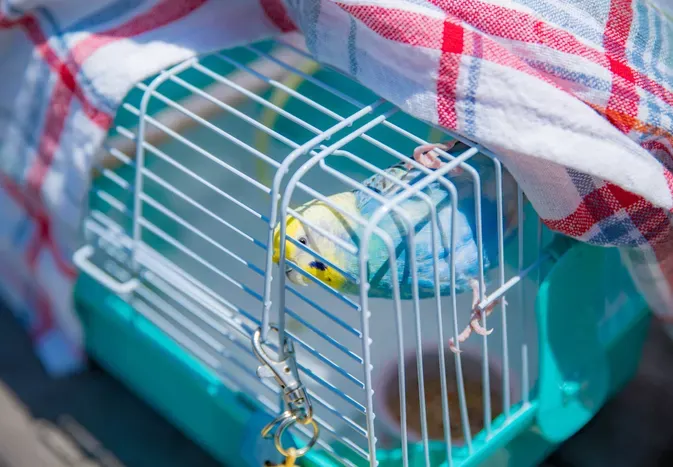
Unlocking the Nocturnal Secrets: Should Bird Cages Be Covered at Night?
Ensuring the well-being of our feathered companions extends beyond providing adequate nutrition and a stimulating environment. One crucial aspect often overlooked is the need to address their nocturnal habits. The question of whether or not to cover a bird's cage at night has sparked an ongoing debate among avian enthusiasts and veterinarians alike. In this comprehensive guide, we'll delve into the scientific evidence, anecdotal observations, and expert opinions to determine the ideal nighttime routine for our beloved birds.
Benefits of Covering Bird Cages at Night
1. Emulates Natural Sleep Cycles:
Birds, just like humans, have evolved to follow specific circadian rhythms. In the wild, as the sun sets, birds instinctively seek shelter in their nests or roosting sites. Covering their cage at night mimics this natural pattern, providing a sense of security and promoting restful sleep.
2. Reduces Environmental Stimuli:
During the day, birds are exposed to a multitude of environmental stimuli, such as noises, light, and movement. Covering the cage at night eliminates these distractions, creating a calm and tranquil environment conducive to sleep.
3. Conserves Heat:
Birds rely on their feathers to maintain body temperature. Covering the cage at night helps trap the bird's body heat, preventing it from escaping and keeping the bird warm throughout the night. This is particularly important during colder months or for birds prone to drafts.
4. Prevents Night Frights:
Some birds are prone to sudden awakenings known as "night frights." Covering the cage can reduce the likelihood of these episodes by creating a sense of enclosure and blocking out potential triggers.
Arguments Against Covering Bird Cages at Night
1. Impairs Air Circulation:
Covering the cage completely can restrict air circulation, potentially leading to respiratory problems. It's important to ensure that the cover allows for adequate ventilation to prevent the buildup of stale air.
2. May Cause Stress:
Some birds may feel confined or stressed when their cage is covered. This is especially true for birds with large wings or those that are particularly active at night.
Expert Consensus and Recommended Practices
After reviewing the available evidence, a consensus among avian veterinarians and bird enthusiasts suggests that covering bird cages at night can provide numerous benefits while minimizing potential risks. However, it's crucial to consider each bird's individual needs and preferences.
Recommended Practices:
* Partial Coverage: Consider covering only three sides of the cage, leaving the front open to allow for air circulation and reduce stress.
* Breathable Cover: Choose a cover made from a breathable material, such as cotton or mesh, to ensure adequate ventilation.
* Light Exposure: Avoid placing the covered cage in complete darkness. Provide a dim night light to emulate natural moonlight and prevent night frights.
* Pay Attention to Behavior: Observe your bird's reaction to being covered. If it shows signs of distress or agitation, discontinue covering the cage.
Examples of Different Bird Species and Their Nocturnal Needs:
* Parrots: Generally prefer to be covered at night to mimic their natural nesting behavior.
* Canaries: May tolerate being covered, but may prefer partial coverage or a night light.
* Finches: Typically do not require covering, as they are more active during the day.
* Night Owls: Species such as owls and nightjars are naturally active at night and should not be covered.
Conclusion: A Tailored Approach
The decision of whether or not to cover a bird's cage at night is not a one-size-fits-all solution. By considering the individual needs and preferences of each bird, as well as the scientific evidence and expert recommendations, we can ensure the optimal nighttime environment for our feathered companions. Remember, a balanced approach that prioritizes safety, comfort, and well-being is key to providing a long and healthy life for our beloved birds.
Explore More Pets
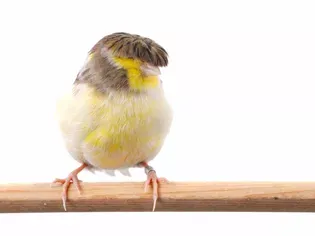
Small Bird Breeds
Gloster Canary: Bird Species Profile

Small Bird Breeds
Java Finch: Bird Species Profile

Small Bird Breeds
Zebra Finch (Chestnut-Eared Finch): Bird Species Profile

Small Bird Breeds
Alexandrine Parakeet: Species Characteristics & Care
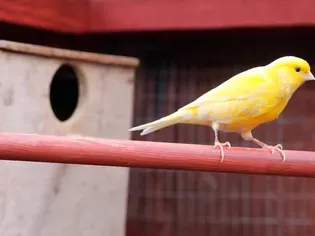
Small Bird Breeds
Canary: Bird Species Profile
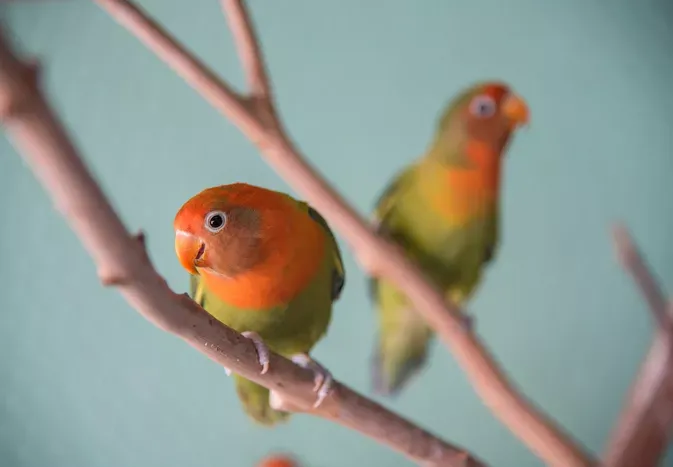
Small Bird Breeds
Lovebird (Pocket Parrot) Species Profile
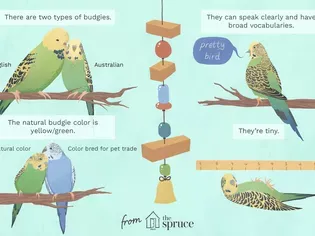
Small Bird Breeds
A Guide to Pet Budgie Birds
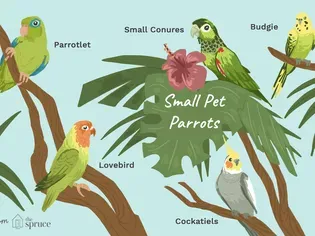
Small Bird Breeds
Types of Small Parrots